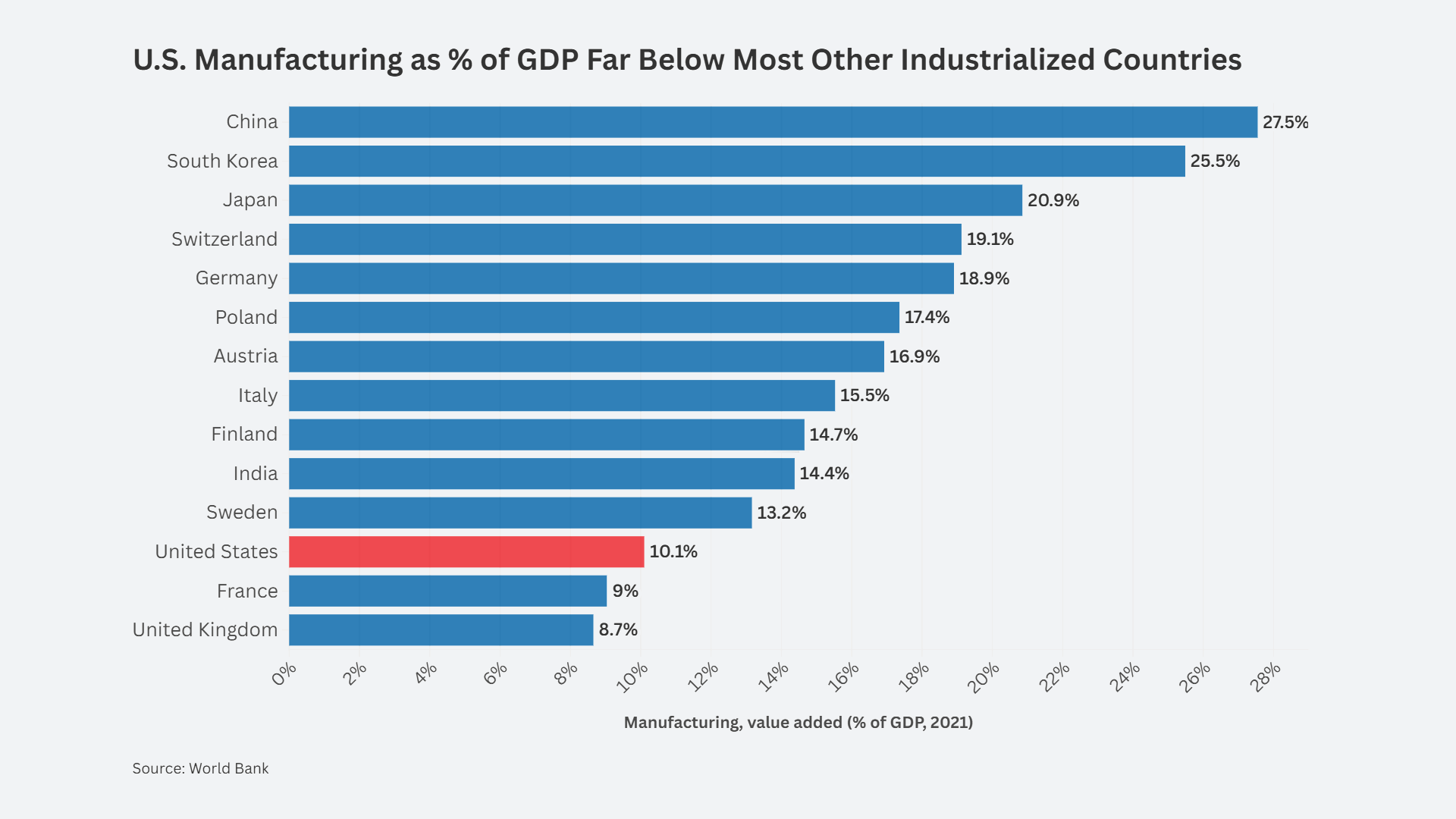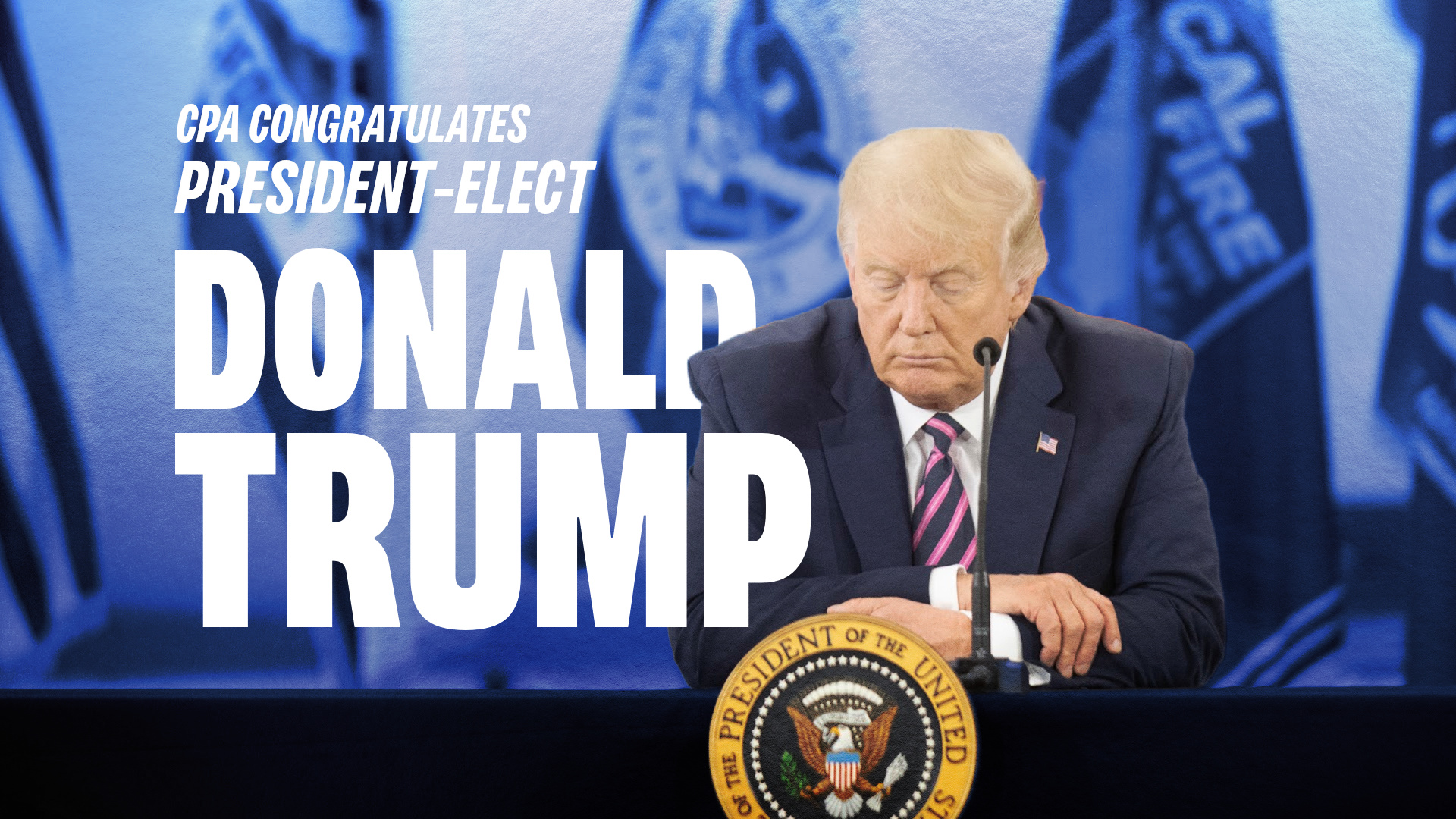
Donald Trump has a reputation for doing as president what he said he’d do when he was a candidate, but there’s one promise he has conspicuously dropped.
[Evelyn Cheng| February 15, 2017 |CNBC]
More than three weeks into his presidency, Trump hasn’t taken any steps against China. Then late Monday, The Wall Street Journal reported that the White House is instead considering a proposal that would change what it means to be a currency manipulator. The new definition, as reported by the Journal, would make it possible for Trump to avoid singling out — and angering — a country whose economy is fundamentally intertwined with the United States.
“It shows that either Trump can’t label China a currency manipulator, or doesn’t want to,” said Jacob Shapiro, director of analysis at Geopolitical Futures, an online publication that analyzes and forecasts the course of global events.
“There’s enough inconsistencies in this report that it makes me raise an eyebrow,” he added.
The White House, Treasury, Department of Commerce, the Office of the U.S. Trade Representative and National Trade Council head Peter Navarro did not return CNBC’s requests for comment.
General anger at China among American voters factored heavily into Trump’s November victory. But economists largely agree that China no longer artificially weakens the yuan against the dollar to boost exports — in fact, it has spent billions of its foreign reserves trying to strengthen the currency — although the country did try to weaken its currency in the past.
“I don’t think you can really argue anymore … that China is actively pushing the currency down. In fact, they’re doing the opposite,” said Ehiwario Efeyini, senior research analyst at U.S. Trust, Bank of America Private Wealth Management.
According to an October review, China meets only one of three criteria the U.S. Treasury has set for a country to be formally labeled a currency manipulator. In contrast, the fall review found that Japan, Korea, Germany, Taiwan and Switzerland met two of the Treasury’s three criteria for currency manipulation.
And it should be pointed out that Steven Mnuchin was just confirmed as Treasury Secretary on Monday.
“The Department of Commerce and the U.S. President have a number of options — to impose tariffs, taxes and countervailing duties — that do not require any declaration of China as a currency manipulator,” David Lubin, Head of Emerging Markets Economics at Citi, said in a Tuesday note.
However, “the U.S. Treasury could also change the definition of the benchmarks that would allow labeling China a manipulator, too, if it so chose,” Lubin said.
Going beyond China and breaking WTO rules
Under the reported proposal change, the Commerce secretary would designate currency manipulation as an “unfair subsidy,” the Journal said. Any country — as opposed to only China — could fall under such a designation, the newspaper said.
How broadly or narrowly currency manipulation is spelled out is a key question, said Krishna Guha, head of the global policy and central bank strategy team in Washington for Evercore ISI.
“If the definition was drawn broadly, it could lead to sustained conflict over economic policy with many U.S. trading partners and related market uncertainties,” he said.
China is the U.S.’ largest trading partner, according to the U.S. Census Bureau, followed by Canada, Mexico, Japan and Germany. All except China were part of World Trade Organization at the free trade body’s founding in 1995. China joined in 2001 and has been criticized for taking advantage of the WTO by subsidizing and protecting its own industries even as it floods other countries’ markets with cheaply made goods.
Donald Trump has a reputation for doing as president what he said he’d do when he was a candidate, but there’s one promise he has conspicuously dropped.
Trump during the campaign called China “the single greatest currency manipulator that’s ever been on this planet,” and said he would make labeling China a manipulator a first-day priority. He also said he would slap a 45 percent tariff on Chinese imports to the United States in retaliation.
More than three weeks into his presidency, Trump hasn’t taken any steps against China. Then late Monday, The Wall Street Journal reported that the White House is instead considering a proposal that would change what it means to be a currency manipulator. The new definition, as reported by the Journal, would make it possible for Trump to avoid singling out — and angering — a country whose economy is fundamentally intertwined with the United States.
“It shows that either Trump can’t label China a currency manipulator, or doesn’t want to,” said Jacob Shapiro, director of analysis at Geopolitical Futures, an online publication that analyzes and forecasts the course of global events.
“There’s enough inconsistencies in this report that it makes me raise an eyebrow,” he added.
The White House, Treasury, Department of Commerce, the Office of the U.S. Trade Representative and National Trade Council head Peter Navarro did not return CNBC’s requests for comment.
General anger at China among American voters factored heavily into Trump’s November victory. But economists largely agree that China no longer artificially weakens the yuan against the dollar to boost exports — in fact, it has spent billions of its foreign reserves trying to strengthen the currency — although the country did try to weaken its currency in the past.
“I don’t think you can really argue anymore … that China is actively pushing the currency down. In fact, they’re doing the opposite,” said Ehiwario Efeyini, senior research analyst at U.S. Trust, Bank of America Private Wealth Management.
According to an October review, China meets only one of three criteria the U.S. Treasury has set for a country to be formally labeled a currency manipulator. In contrast, the fall review found that Japan, Korea, Germany, Taiwan and Switzerland met two of the Treasury’s three criteria for currency manipulation.
And it should be pointed out that Steven Mnuchin was just confirmed as Treasury Secretary on Monday.
“The Department of Commerce and the U.S. President have a number of options — to impose tariffs, taxes and countervailing duties — that do not require any declaration of China as a currency manipulator,” David Lubin, Head of Emerging Markets Economics at Citi, said in a Tuesday note.
However, “the U.S. Treasury could also change the definition of the benchmarks that would allow labeling China a manipulator, too, if it so chose,” Lubin said.
Going beyond China and breaking WTO rules
Under the reported proposal change, the Commerce secretary would designate currency manipulation as an “unfair subsidy,” the Journal said. Any country — as opposed to only China — could fall under such a designation, the newspaper said.
How broadly or narrowly currency manipulation is spelled out is a key question, said Krishna Guha, head of the global policy and central bank strategy team in Washington for Evercore ISI.
“If the definition was drawn broadly, it could lead to sustained conflict over economic policy with many U.S. trading partners and related market uncertainties,” he said.
China is the U.S.’ largest trading partner, according to the U.S. Census Bureau, followed by Canada, Mexico, Japan and Germany. All except China were part of World Trade Organization at the free trade body’s founding in 1995. China joined in 2001 and has been criticized for taking advantage of the WTO by subsidizing and protecting its own industries even as it floods other countries’ markets with cheaply made goods.
As reported by the Journal, the White House proposal on currency manipulation would allow U.S. firms to bring complaints against China or other countries to the U.S. Commerce Department.
Scott Kennedy, Deputy Director, Freeman Chair in China Studies at the Center for Strategic and International Studies, said the reported proposal sounded “like a serious option that is on the table.”
“This has not been attempted in the past, because it could very well violate the U.S.’ WTO commitments,” Kennedy said. “Subsidies are usually defined as needing to apply to a specific sector or economic entity, and China’s currency policy is country-wide. Nevertheless, the Trump administration may be willing to assume the risk of WTO litigation in order to find new tools to counter what it sees as unfair Chinese competition.”
That said, the overall tone of the U.S.-China relationship appears to be less heated than some had worried a few weeks ago.
It took nearly three weeks for Trump to actually contact Chinese President Xi Jinping, but in the call Trump affirmed the “One China” policy that Beijing insists upon with regard to Taiwan, but which Trump in December was threatening to ignore.
Trump selected China hawks to lead to the National Trade Council and the Office of the U.S. Trade Representative, but nothing has happened yet on labeling China a currency manipulator or imposing a large tariff on Chinese imports.
“The thing that is coming into relief right now is there isn’t going to be a trade war,” Shapiro said. “It’s going to be negotiation on both sides.”













